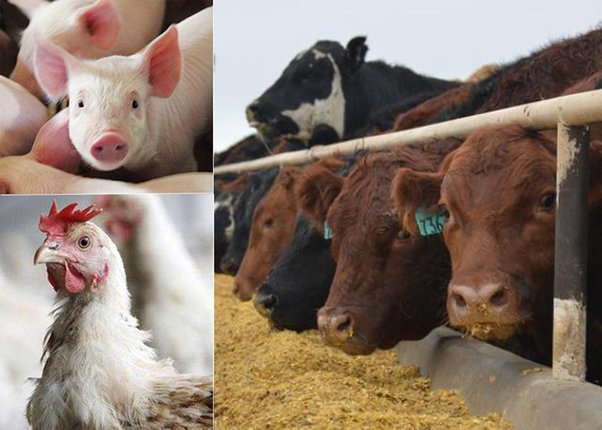When it comes to agriculture, biosecurity is a crucial element in protecting the essential nutrients of our food system. Biosecurity in its own terms could conjure images of a futuristic laboratory facilities or government agencies that fight exotic illnesses, but the reality of its use is within the daily farming operations of farmers across all over the world. Incorporating strict biosecurity practices isn’t just a matter of precaution but a vital method to ensure the health of plants and livestock, as well as ensuring financial stability of the agricultural sector and securing people’s health from the dangers of infectious diseases.
The purpose of biosecurity on farms is to stop the spread and introduction of dangerous agents, be it bugs, viruses, fungi or even pests into a farming area. The agents could cause illnesses that destroy livestock, degrade crops, and result in huge economic losses. Additionally, certain pathogens could be harmful to human beings, which makes biosecurity an essential element of the larger public health system. Farmers must, therefore, take a holistic approach to biosecurity. This begins by understanding the particular dangers to their operation and taking preventive measures to minimize their impact.
One of the main ways to ensure a strong biosecurity in the farm is controlling moving of people and animals both on and off farms. Livestock is typically the most susceptible to outbreaks and the introduction of fresh animals into a farm poses a substantial risk of the transmission of disease. Inspecting the new arrivals for quarantine, conducting medical checks and maintaining precise records are vital measures to reduce the danger. Additionally, controlling and monitoring all human traffic, including the farm’s workers, visitors as well as service providers, will decrease the chance that pathogens are brought into the farm. The same applies to the implementation of methods for decontaminating equipment as well as vehicles that could have been in contact with contaminants that are not within the confines of the farm.

A different aspect of biosecurity involves monitoring the health of soil and the water sources that are at the farm. The soil can be a reservoir for pathogens that can affect animal and plant health as well as water is the vector of illnesses. Continuous testing and cleaning of water sources, as well as proper management of animal waste as well as fertilizers and pesticides can be crucial in stopping the spread of infectious diseases. Field rest, crop rotation and the application of resistant plants are a few the agricultural practices that improve the resistance of plants in the face of disease and add to overall biosecurity on the farms. For more information please visit here Sunzencorp
The habitat in which animals are kept is crucial as biological security measures that are taken outside. Proper practices for animal husbandry like creating a stress-free and clean conditions, guarantee that the livestock are not susceptible to illness. Proper nutrition, well-executed vet care and effective use of vaccinations may strengthen the immune systems of livestock and make them less prone to infections. In addition, early detection of illnesses through routine health surveillance allows swift intervention in the event of containing or eliminating disease before it becomes widespread.
Training and education for farm workers are important elements in an effective biosecurity strategy. All employees involved in farms should be aware of the significance of biosecurity and how their actions could aid or derail this effort. Training sessions regularly can help keep people informed about most effective practices as well as the latest innovations regarding biosecurity. Human factor can never be overlooked, and having an educated team is the most effective way to protect yourself from attacks on biosecurity.
